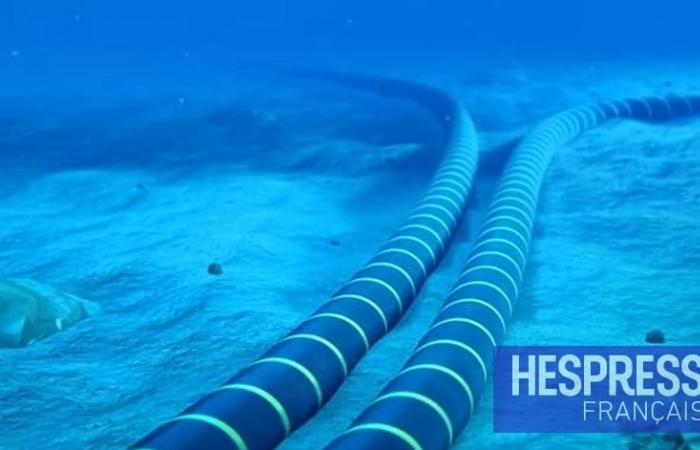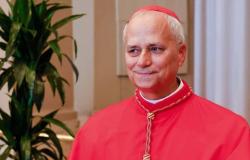The strong Australian group, led by Andrew Forrest, plans to develop up to 100 GW of solar and wind capacity in North Africa, in priority in Morocco, to supply Europe via an underwater electrical interconnection capable of transporting up to 500 TWh per year.
It is a project with colossal proportions that Andrew Forrest, founder and executive president of strong. The Australian industrialist, already engaged in the global energy transition, sees in Morocco a key player for the emergence of a transmediterranean green corridor. Fortescue wishes to produce large-scale electricity in North Africa and transport it to Europe through several submarine cables. Ultimately, the infrastructure could deliver the equivalent of the annual consumption of Germany, by exploiting the solar potential of the Sahara and the favorable winds of the region. The kingdom, already involved in major projects like Xlinks, is thus asserting itself as a strategic energy hub at the gates of Europe.
Morocco at the heart of the Géntscue giant project
The project envisaged by strong is based on the installation of several submarine cables capable of transferring up to 500 clean electricity terawatt hours each year. This energy would be generated mainly from solar and wind parks, and supported by battery storage systems as well as by hydrogen plants. The objective is to ensure a continuous energy supply, 24 hours a day, while contributing to the stability of the European network.
Strong tables on a progressive rise in power, with an objective of 100 gigawatts of green capacity installed on the African continent. Morocco occupies a place of choice in this strategy. He has already hosted an agreement signed with the Belgian manufacturer Jan of null in 2023, in order to study the creation of local industrial units dedicated to the manufacture of offshore cables. A strategic alliance was also concluded with the Moroccan OCP group, aimed at the production of green fertilizers and ammonia based on renewable hydrogen, with the establishment of a R&D center in Marrakech.
Strongs has not yet specified the final layout of its future power lines, but Andrew Forrest suggests that the routing to the United Kingdom could go through several Western European countries. The possibility of connecting Morocco directly to the British market, as provided for in the XLinks project, remains on the table.
“This is where the sun is, where the wind blows, and that’s where you have to invest”underlined Forrest at the Telegraph, by pleading for a massive industrial exploitation of renewable resources in the south of the Mediterranean. Morocco could thus become a pillar of green export to Europe, at the forefront of a new energy era.








